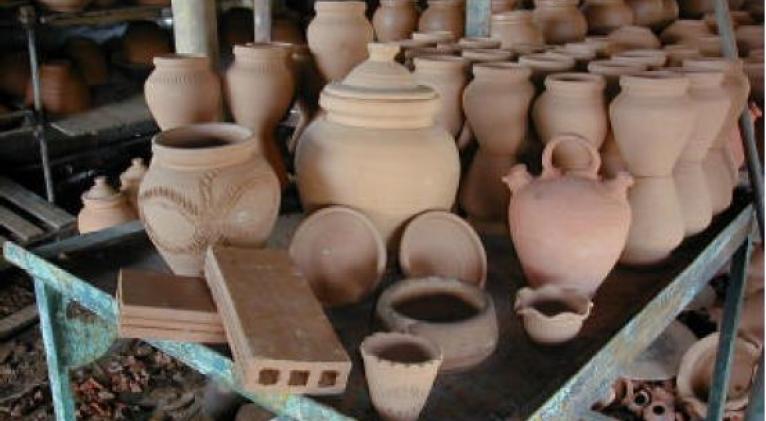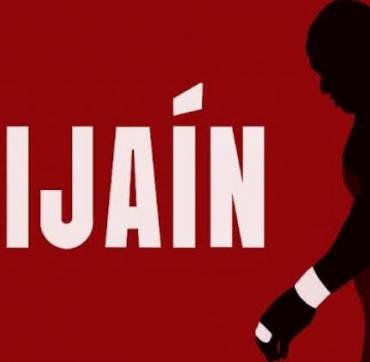El Cano, Transformation and Solidarity
especiales

It was not by chance that we reached El Cano neighborhood, in the capital's municipality of La Lisa, at the end of last week. Nor was it the most common motive for which many cross Havana to this peripheral neighborhood: to get the best ceramic pieces, at the best price (from bricks to tureens for the orishas).
We went because a group of Germans crossed more than the city, the world, to carve the art of solidarity in the lives of the more than three thousand inhabitants of a community as humble as it’s proud of its history and traditions.
It all began with a management of the Cuban Institute of Friendship with Peoples and the mediation later the Government of Havana, which set in motion the relationship of the "first Socialist people of Cuba" with the Directorate of the German Party La Izquierda and the German NGO of Solidarity with our country, Cuba Sí (our namesakes and commitment equal: always show and support the truth of this island amidst a Revolution).
With Elegua’s blessing, the one who opens the paths in Yoruba faith, the people and authorities of Cano also began to give and thank, because although the leader of La Izquierda himself expressed the satisfaction that exercising solidarity produces through concrete material actions, beyond the constant support for fundamental causes such as the end of the blockade, for Cubans every gesture of love is worth it and, Marti’s followers, with love is paid.
The people from El Cano are simple, talkative, they feel completely Havanan, but they have something of that kindness that characterizes country people and the deep sensitivity of art. El Cano has been the home of pottery artists since the church began to be built and the urbanization woven around it on soil rich in clay, but that and the Potters' Festival, which is close to turning a hundred years old, will be another story.
For now, only these necessary data to understand why it’s not surprise that the German friends were welcomed by children and young artists, who danced, played drums and showed the extremely rich cultural heritage of that area to the west of the capital with which, assured the Coordinator of the Government of Havana, Luis Carlos Góngora, "will establish links to contribute to their development and recovery, as part of the Program for Attention to Vulnerable Neighborhoods in Havana."
In a while, they dreamed in Spanish and German as if they were the same language, they talked about the school, the park, mobility solutions and an impressive project, the Jaramillo Productive Pole, considered by many to be the most comprehensive production and food processing:
"It’s about producing food on 50 hectares, where ten peasants have gathered, grouped into two Cooperatives and three Local Development Projects (LDP), which already promote, in an intensive and integrated way, with local financing, the production of several crops, raising small and large livestock, aquaculture, poultry raising and egg production, as well as mini-industries for preserving and dehydrating fruits and vegetables," explained Góngora.
The visitors did not stay in Casa de la Cultura, they went for a walk in the community and, they confessed, their hearts were touched by the joy and talent of children and young people from El Cano.
Translated by Amilkal Labañino / CubaSí Translation Staff














Add new comment